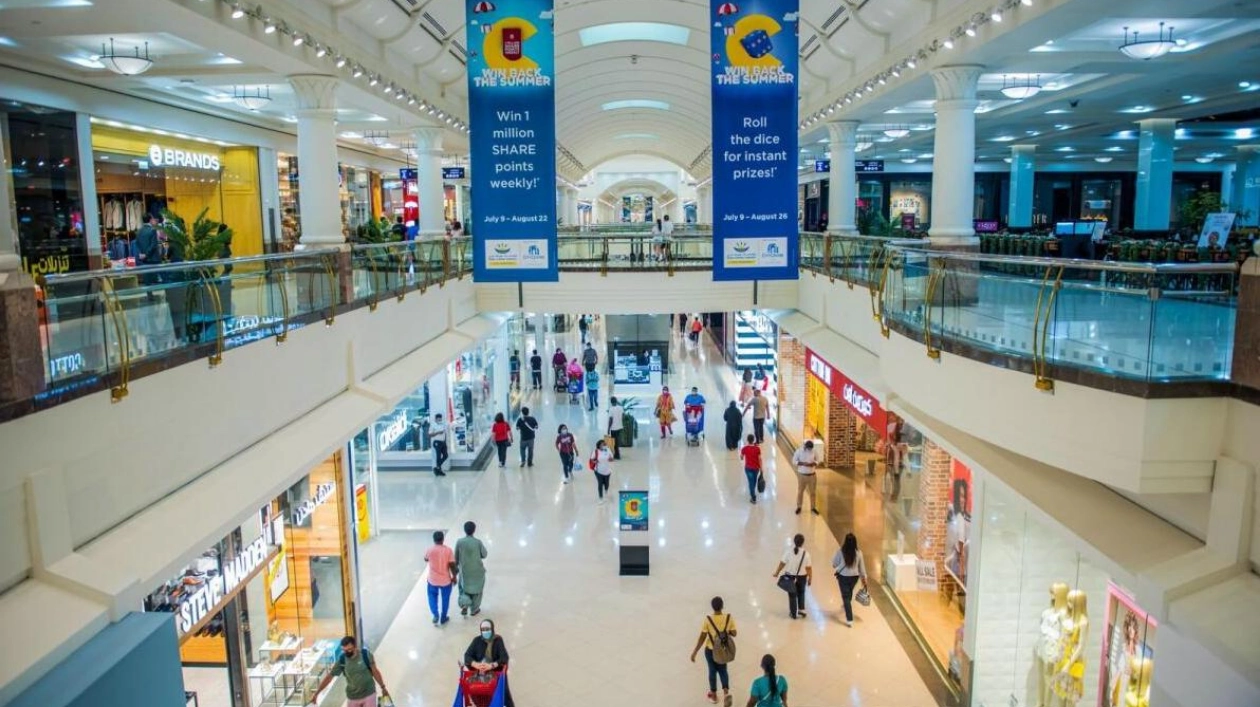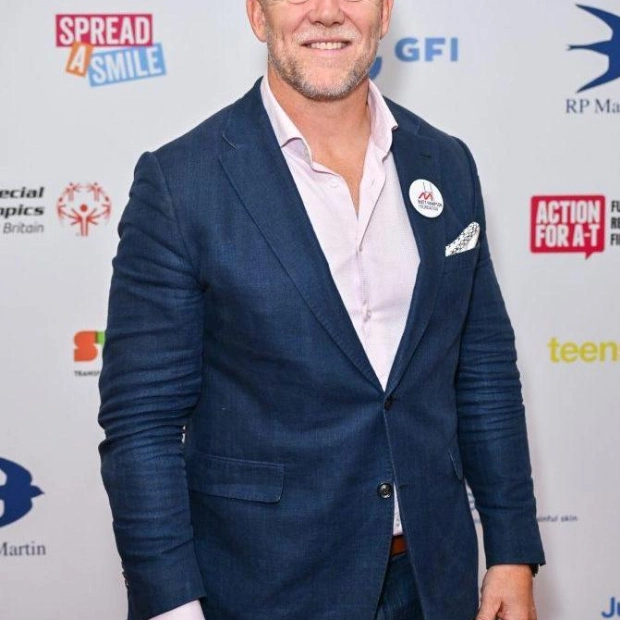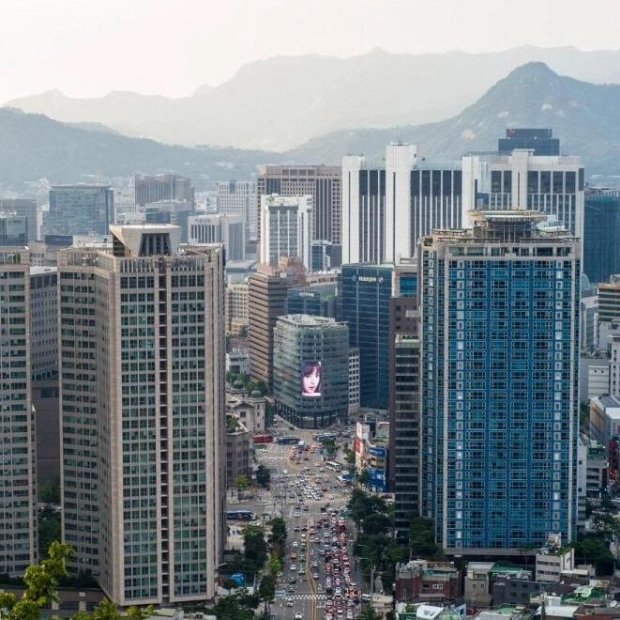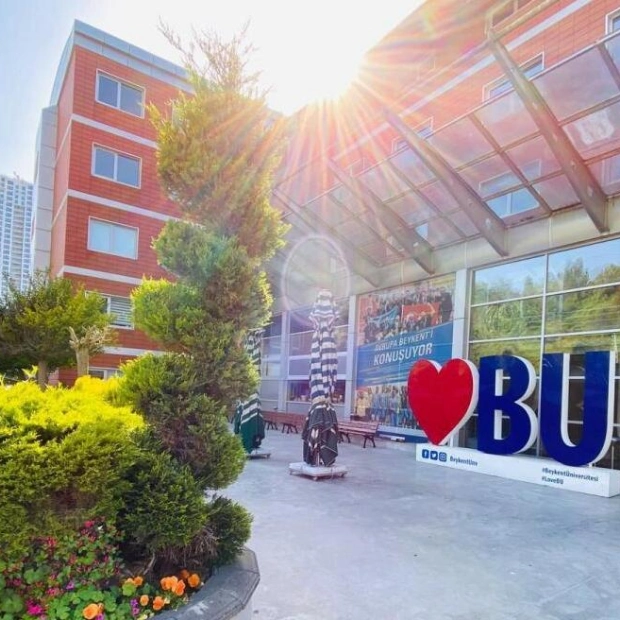In August, the UAE's non-oil private sector experienced a resurgence in growth momentum, following a 34-month low in July, supported by an increase in new orders, according to recent survey data from S&P Global. The seasonally adjusted S&P Global UAE Purchasing Managers' Index climbed to 54.2 in August from 53.7 in July, as both production and sales saw a boost. The output sub-index increased to 59.1 in August from 58.1 in July, driven by new business and project work, although the growth rate was among the slowest in the past three years. Despite this, businesses in the non-oil private sector expressed increased confidence about the future, marking the first rise in optimism since May, according to the survey.
In 2023, UAE's non-oil trade hit an all-time high of Dh3.5 trillion, with a 12.6% increase in non-oil goods trade and exports exceeding Dh1 trillion, setting a new record. Dr. Thani bin Ahmed Al Zeyoudi, UAE Minister of State for Foreign Trade, stated that this performance underscores the effectiveness of the economic diversification plans, moving towards a knowledge and innovation-based future economy, and reflects the growing international confidence in the UAE's economy. The S&P report cautioned firms to remain vigilant about costs, noting a significant rise in input prices in August, which could potentially curb demand due to ongoing price mark-ups.
David Owen, senior economist at S&P Global Market Intelligence, noted that while the UAE PMI improved in August, indicating a robust expansion in non-oil business conditions, it was still weaker than earlier in the year. However, businesses remain optimistic about sustained output growth, supported by strong sales pipelines and ample outstanding work. Capacity constraints are easing, which should further support business activity. Owen also highlighted the need for firms to monitor costs, as the survey indicated another sharp increase in input prices in August, leading to a rise in prices charged to customers, which could potentially curb demand and add uncertainty to the growth outlook.
In Dubai, the non-oil private sector saw an enhanced operating environment in August, primarily due to a faster increase in new business inflows, reaching a five-month high. Despite this, the expansion rate of business activity in Dubai slowed, marking the lowest since September 2021, and employment growth also moderated. Input costs faced upward pressure, with prices rising sharply, albeit at the slowest pace since May. Average selling charges increased for the fourth consecutive month, reaching the highest level since April 2021.
Across the UAE, hiring growth in the non-oil sector weakened in August, the slowest in seven months. Survey data revealed another steep increase in average input costs, with higher expenses related to raw materials, transport, IT equipment, and maintenance, and wage costs rising at the fastest pace since May. Business activity projections strengthened in August after a six-month low in July, with firms generally optimistic about improved domestic economic conditions and strong sales pipelines supporting future output.






